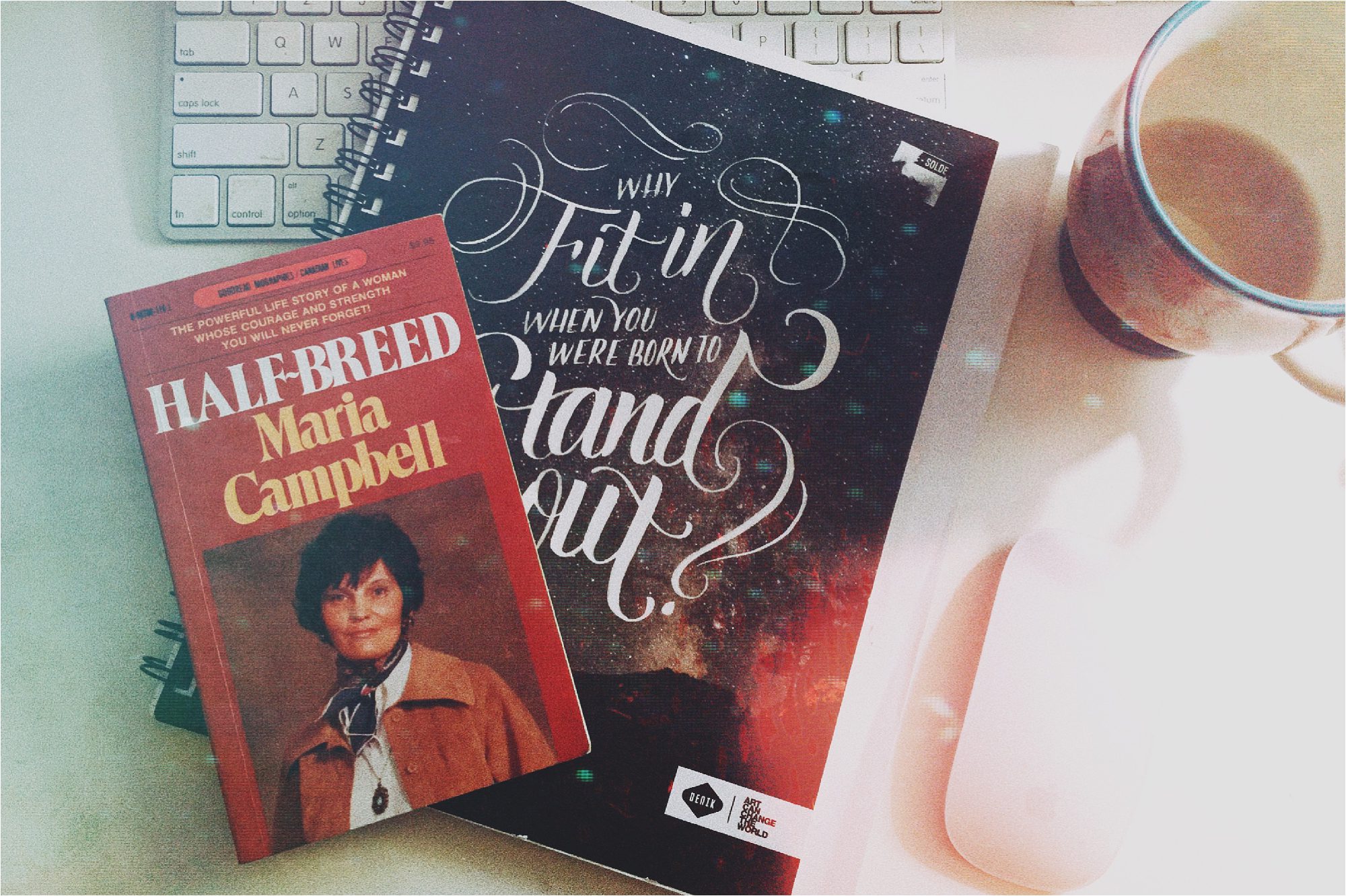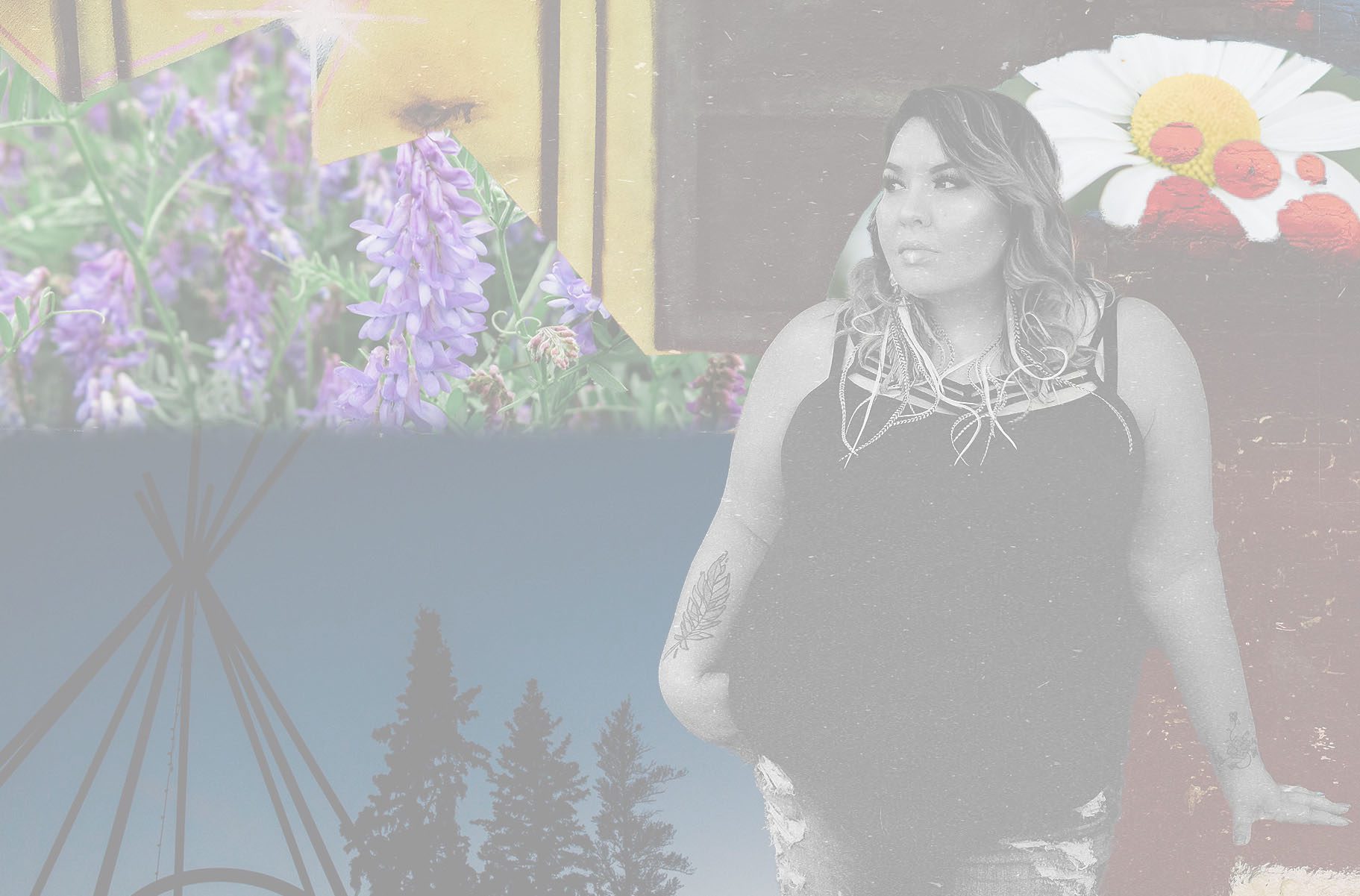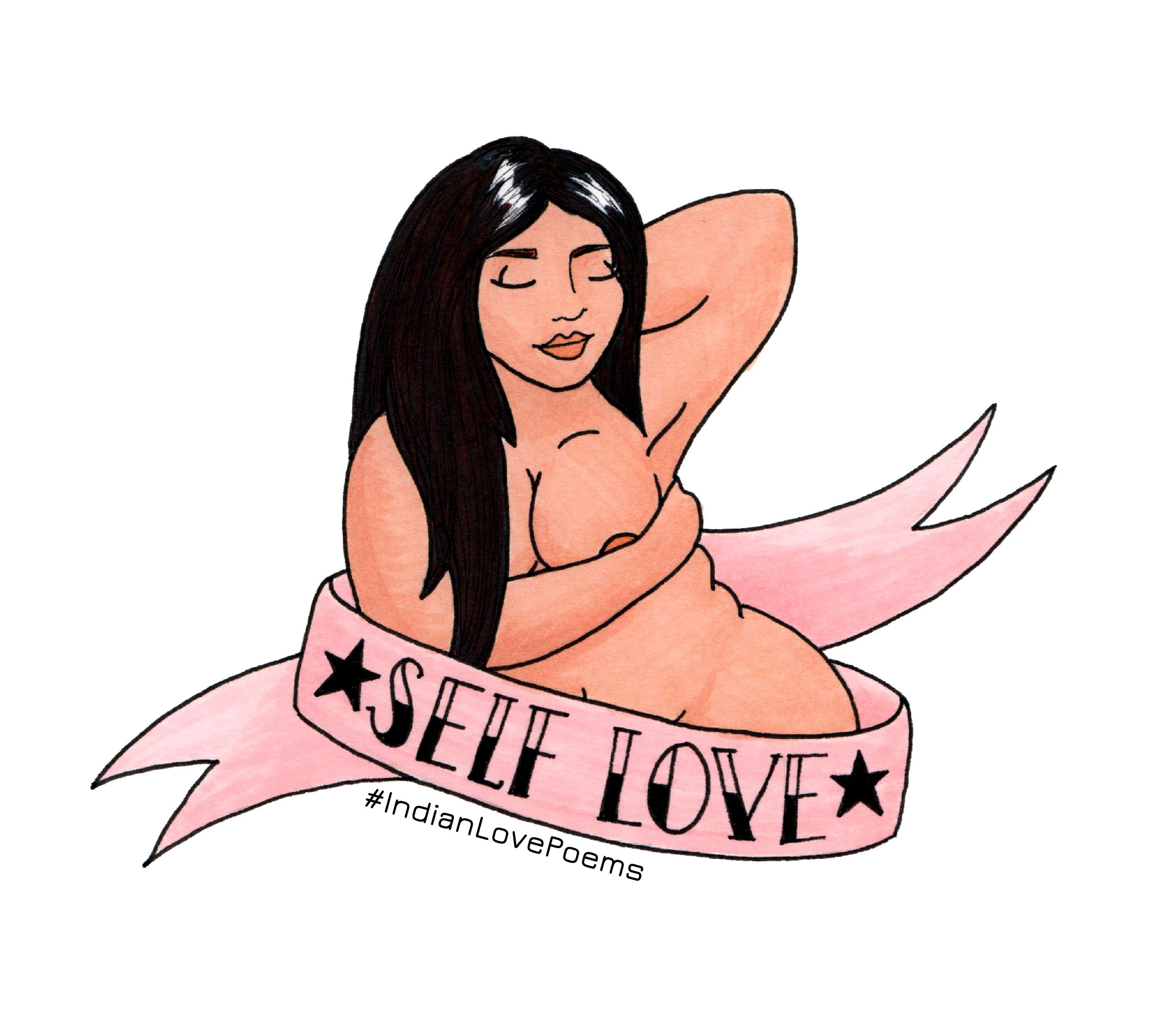
Online Review: “Maria Campbell’s autobiography Halfbreed is a story of survival, and of overcoming a sense of shame related to ethnic identity. Campbell brings attention to the way in which race in the Canadian multicultural society has been seen as real and definable. She describes the consequences of such racial thinking on Metís individuals (half-breeds or non-status Natives), the humiliating situations visibly Métis or Native people have experienced in their everyday lives, and the consequent, debilitating sense of shame shared by many of them. At the same time, as her story proceeds, Campbell develops a growing sense of empowerment as she takes it into her own hands to define Métisness and introduces a politicized notion of the Métis as a legitimate identity category within the context of Canadian multiculturalism. In Halfbreed, the shame and anger resulting from the degrading, traumatic experiences are in the end not portrayed as debilitating feelings. Instead, shame and anger are revealed as transformative forces that, when managed through the act of autobiographical storytelling, accommodate a drive to fight back, resulting in both individual and collective survival and the possibility of political change” – Source
Great Grandpa Campbell: Maria’s grandfather. Cruel. Came from Scotland and set up an HBC store.
Grannie Campbell: Maria’s grandmother. Tried to meet requirements to get a homestead after Grandpa Campbell died, but could not. Worked very hard for settlers. Came from Vandal family.
Grandpa Campbell: kind gentle man who died young after having had nine children.
Cheechum: Maria’s paternal Great Grandmother. Niece of Louis Riel.
Qua Chich: Maria’s paternal great aunt. Wealthy in comparison to the Halfbreeds because her late husband John became a treaty Indian by way of bureaucratic error.
Kokum: Maria’s maternal great aunt. Treaty Indian. Taught Maria about traditional Indian lifestyle.
Mushoom: Maria’s maternal great uncle. Treaty Indian. Spoiled Maria.
Pierre Dubuque: Maria’s maternal grandfather. French. Came from a relatively wealthy family that founded a city in Iowa. Married a treaty Indian.
Maria’s maternal grandmother: Treaty Indian. Educated in convent. Married Pierre Dubuque.
Maria’s father: Danny Campbell. Halfbreed. Descendent of Louis Riel. Born into poverty.
Maria’s mother: Halfbreed. Father’s family founded a city, mother was a treaty Indian educated at convent. Maria’s mother was also educated at a convent. Born into life of relative comfort, married into a life of absolute poverty.
Maria: main character. Halfbreed. Eldest child.
Jamie: Maria’s brother. One year younger than her.
Robby: Maria’s brother. Four years younger than her.
Delores: Maria’s sister. Six years younger than her.
Peggie: Maria’s sister. Eight years younger than her.
Danny: Maria’s brother. Eleven years younger than her.
Geordie: Maria’s brother. Twelve years younger than her.
Personal: I have read and re-read this class since I have started in my post-secondary career. Each time, I pull something new and have different reactions to it. In my first couple years of post-sec, I was quite adamant in how Marie may have failed, wasn’t a role model, and that all Indigenous women were not like that – overcoming drugs and prostitution was not ‘commendable’ so much as I blamed her for her weaknesses.
I know. I was a charmer.
But as I grew, and experienced life, and read, and heard more stories, and recognized the echoes of my cousin’s stories and eventually, parts of my own, in her story, I saw truth. I saw raw truth.
There are still idealism and stereotypes in the novel I do not agree with, but I also know that her truth does not have to be my truth, and that we carry stories and our ancestors stories in different ways. I feel that she carrie stereotypes about Indians in much the same way that white people carry stereotypes about her Metis identity. I am thankful she was so blunt and open about her drug use and sex work, as she talks about it without… overwhelming regret or shame. It’s a fact. This is what I did to survive. She doesn’t ask the reader or society for forgiveness, not that she has to, and that upfront stance of owning her choices was years ahead of her time.
Quotes:
- “My Cheechum believed with heart and should in the little people. She said they are so tiny that unless you are really looking for the you will never find them; not that it matters, because you usually only see them when they want you to” (18)
- “The white man saw that that was a more powerful weapon than anything else with which to beat the Halfbreeds, and he used it and still doe today. Already they are using on you. They try to make you hate your people” (51)
- “That started a new page in my life. It was a man, not a boy, who told me I was beautiful and wanted to see me again” (114)
- “I remember looking at him and saying, “Marry you? You’ve got to be joking! I’m going to do something with my life besides make more half-breeds” (117)
- “I neither hated nor loved him. He was a means to an end, and I didn’t feel I owed him anything” (141)
- “Although it was worse than the first time, in a way it was easier, because this time my Cheechum was with me the whole time. I could feel her presence in the room with me and I wasn’t afraid” (144)
- “I stayed on welfare for six months and kept my head down, wore an old coat and acted timid and ignorant until I thought I’d go mad” (157)
- “Everything was fine. I made some tea and sat down to drink it with David in the kitchen. I don’t remember anything after that” (163)
- “A doctor came around and explained that I had swallowed a lot of pills and had had a nervous breakdown” (163)
- “She ordered me to get out until I had covered my legs – did I have no shame at all?” (174)
- “My Cheechum never surrendered at Batoche; she only accepted what she considered an honourable truce” (184)
- “The years of searching, loneliness and pain are over for me. Cheechum said,’ You’ll find yourself, and you’ll find brothers and sisters.” I have brothers and sisters, all over the country. I no longer need my blanket to survive” (184)
buy the book: Half-Breed



Cheechum was not a niece of Loui Reil but of Gabriel Dumont.